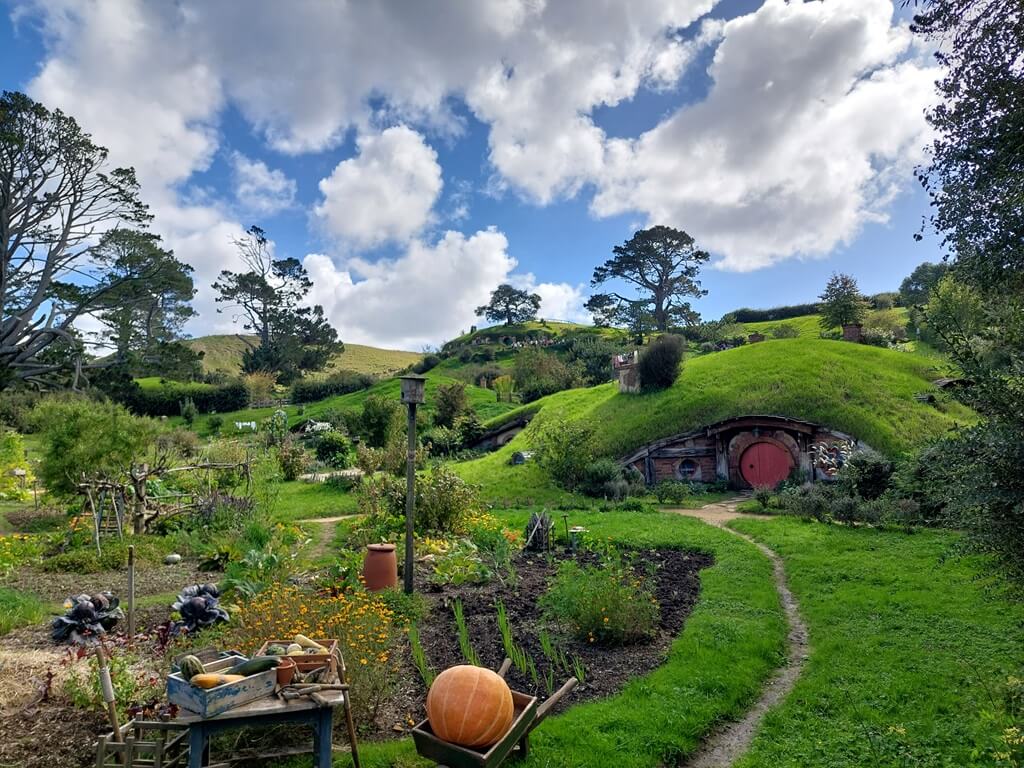
Embark on a journey to New Zealand, a land where majestic landscapes meet rich Maori heritage and thrilling adventures. Whether you’re hiking through lush national parks, exploring vibrant cities, or enjoying the serene beaches, New Zealand promises a unique blend of excitement and relaxation. This blog post offers essential tips to help you navigate the islands efficiently, making your New Zealand travel experience both enjoyable and memorable. So pack your bags and get ready to discover the wonders of Aotearoa!
- 1. Biosecurity Measures: What You Can’t Bring to New Zealand
- 2. UV Radiation Awareness
- 3. Understanding Fuel Stations
- 4. Grocery Shopping Tips
- 5. Public Holiday Shopping Hours
- 6. Driving in New Zealand
- 7. Parking in New Zealand
- 8. Wildlife Encounters
- 9. Electrical Plug and Voltage Info
- 10. Accommodation and Amenities
- 11. Ferry Travel Between Islands
- 12. Social Etiquette
1. Biosecurity Measures: What You Can’t Bring to New Zealand
New Zealand enforces strict biosecurity laws to protect its unique ecosystem. Before you travel, you’ll need to complete the New Zealand Traveler Declaration using the NZTD app, which will detail a comprehensive list of prohibited items. Take this seriously! Any false declaration can result in hefty fines, even if it’s your first offense. Generally, most foods are banned, but cosmetics in their original packaging are permitted. These restrictions don’t apply when exiting NZ, so feel free to take home some edible souvenirs.

2. UV Radiation Awareness
Given its proximity to the ozone hole over Antarctica, New Zealand experiences higher levels of UV radiation, similar to Australia. This makes robust sun protection crucial, particularly during the spring and summer months in the Southern Hemisphere. Always wear sunscreen, protective clothing, and sunglasses to shield yourself from harmful UV rays.

3. Understanding Fuel Stations
Many fuel stations in NZ are unmanned and require a pre-authorization amount on your card before fueling. Avoid selecting the “FULL” option unless necessary, as it temporarily charges NZD 200. Instead, pre-authorize an amount that slightly overestimates your needs to ensure quicker reimbursement of the difference. Use apps like Gaspy to compare fuel prices and find the best deals, especially in pricier regions like Wanaka and Queenstown. PAK’nSave Fuel stations are our top pick due to their 10-cent-per-liter discount after shopping at PAK’nSave supermarkets (no minimum spending required).
4. Grocery Shopping Tips
The major supermarkets in NZ include Countdown, Woolworths, and Four Square, but Pak’nSave typically offers the best prices. Some of our favorite budget-friendly and tasty grocery picks are lamb chops, beef, gold kiwi (cheapest during harvesting season from March to May), pumpkin, corn, and honey.

5. Public Holiday Shopping Hours
If you’re visiting NZ during a public holiday, remember that most stores, including supermarkets, may be closed due to the Shop Trading Hours Act of 1990. Key holidays to note include Good Friday, Christmas Day, ANZAC Day and Easter Sunday.
6. Driving in New Zealand
Be aware that most NZ roads are single-lane, and local drivers tend to stick close to the speed limit. If you find yourself slower than the traffic flow and it’s safe, pull over briefly to let faster vehicles pass rather than waiting for a passing lane. This helps avoid risky overtaking maneuvers.

7. Parking in New Zealand
Parking in rural and scenic areas, such as near national parks or popular tourist attractions, is often free. Always park in designated areas to protect the natural surroundings and adhere to any local regulations to avoid fines. In major cities like Auckland, Wellington, and Christchurch, parking is typically metered or provided in pay-and-display formats. Parking in city centers can be free on weekends and public holidays. However, this can vary, so it’s essential to always check local signage.

8. Wildlife Encounters
New Zealand is home to fascinating wildlife, including seals and sea lions. While it might be tempting to interact with playful baby sea lions, it’s crucial to maintain a distance of at least 20 meters to avoid disrupting their natural behaviors and promoting dependency or aggression.

9. Electrical Plug and Voltage Info
In New Zealand, the standard power plug is Type I, featuring three flat pins in a triangular pattern. This is the same plug used in Australia and some parts of China. The electrical system operates at 230V with a frequency of 50 Hz.

10. Accommodation and Amenities
Most accommodations in NZ have a checkout time of 10 AM, which might feel early. It’s worth asking your host if a later checkout is possible. Opting for places with well-equipped kitchens can significantly cut dining costs. While most rentals provide towels and body soap, it’s wise to bring your own toothbrush and toothpaste, as these are not always provided.
11. Ferry Travel Between Islands
When traveling by ferry between Wellington and Picton, consider booking a cabin. The journey lasts about 3.5 hours, and having a cabin provides you with comforts such as pillows, blankets, and even a private bathroom with a shower.

12. Social Etiquette
Don’t be surprised if a local greets you on the street — it’s customary in New Zealand to acknowledge others’ presence when no one else is around. This friendly gesture is typical and doesn’t necessarily imply an invitation for further conversation.